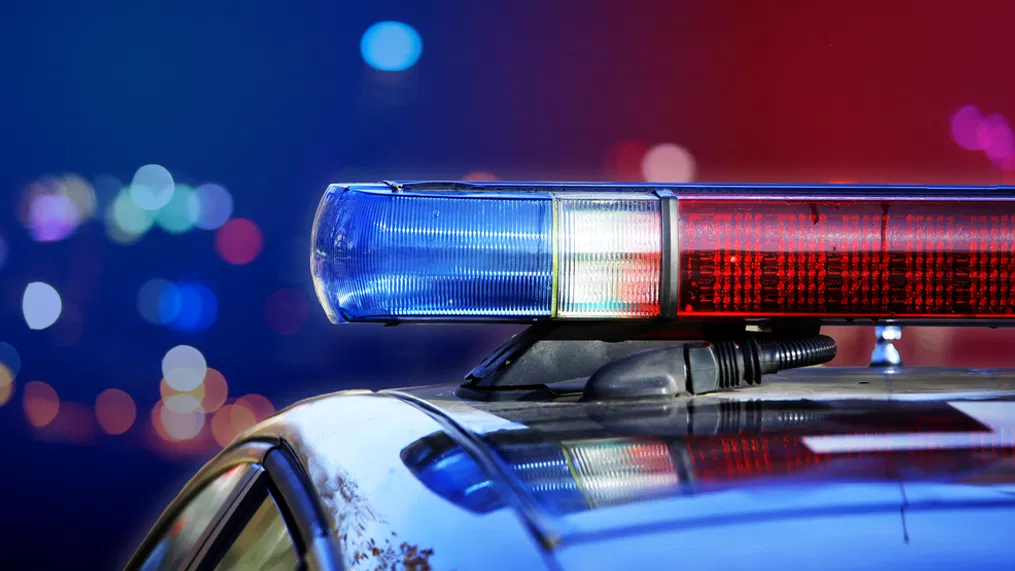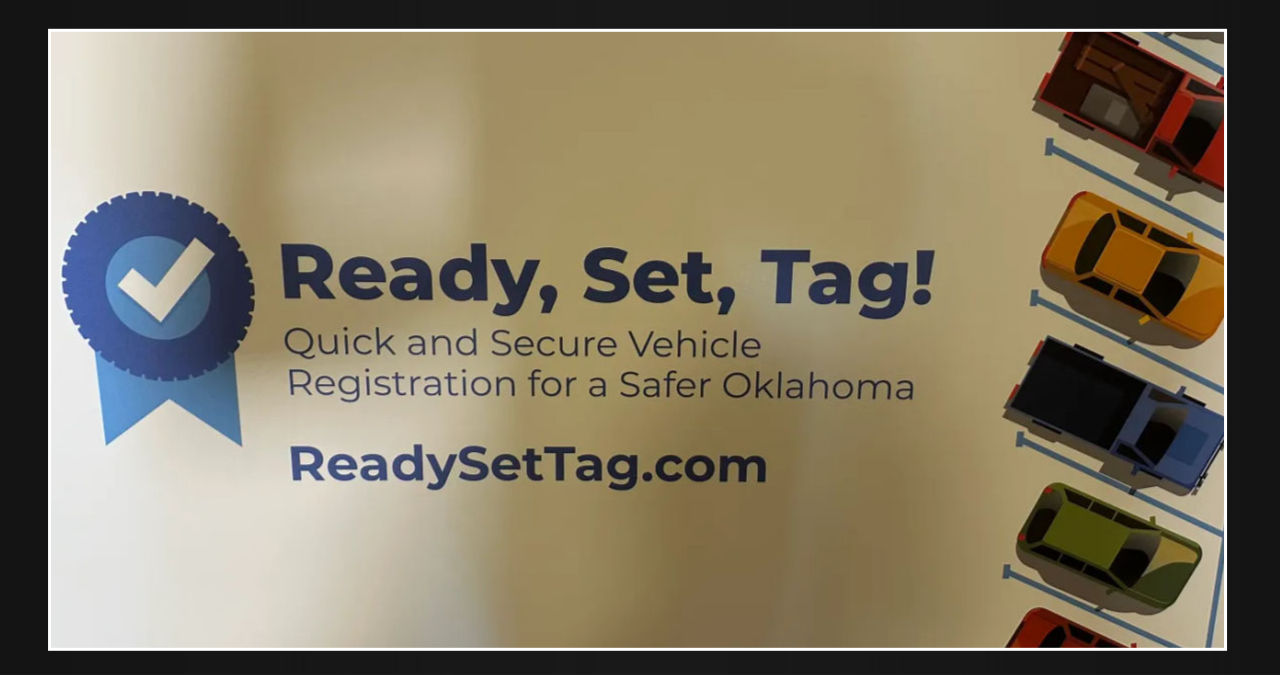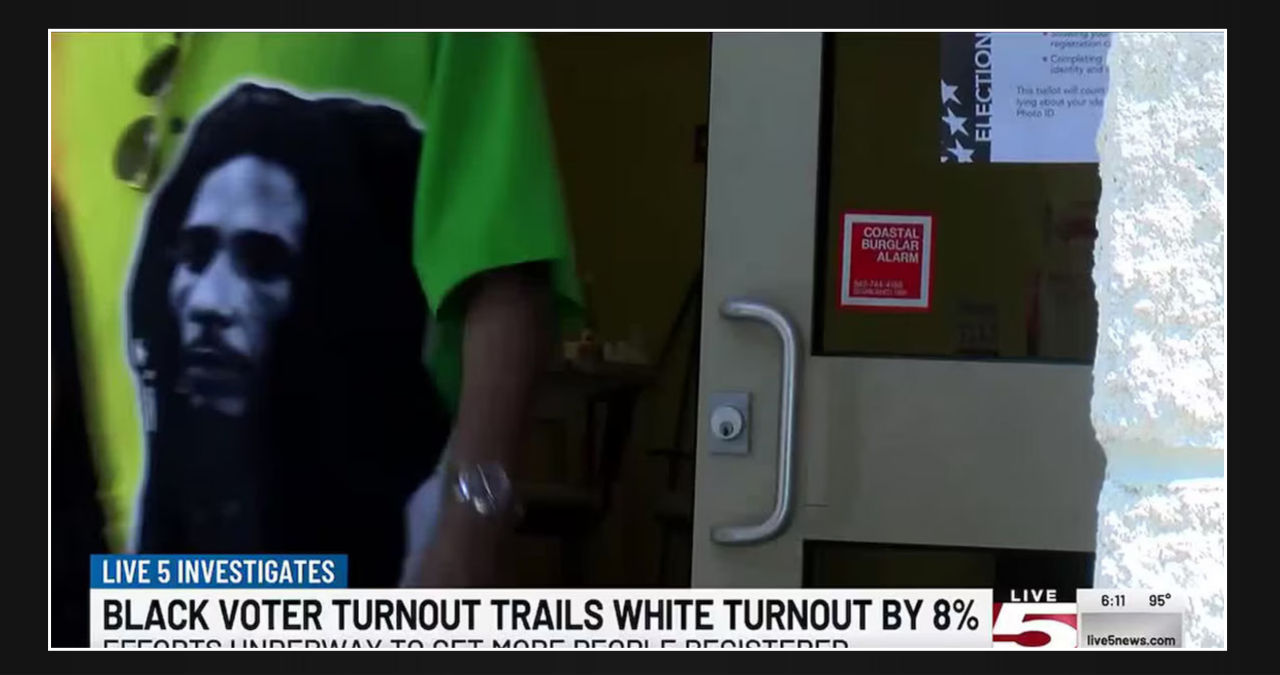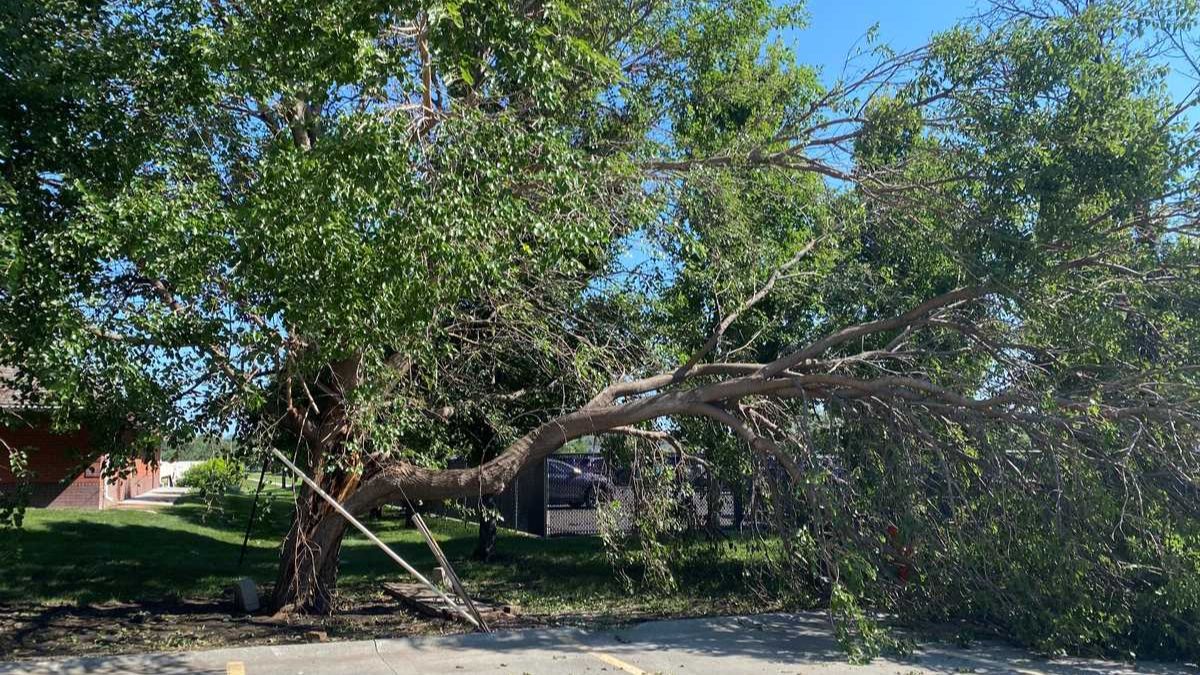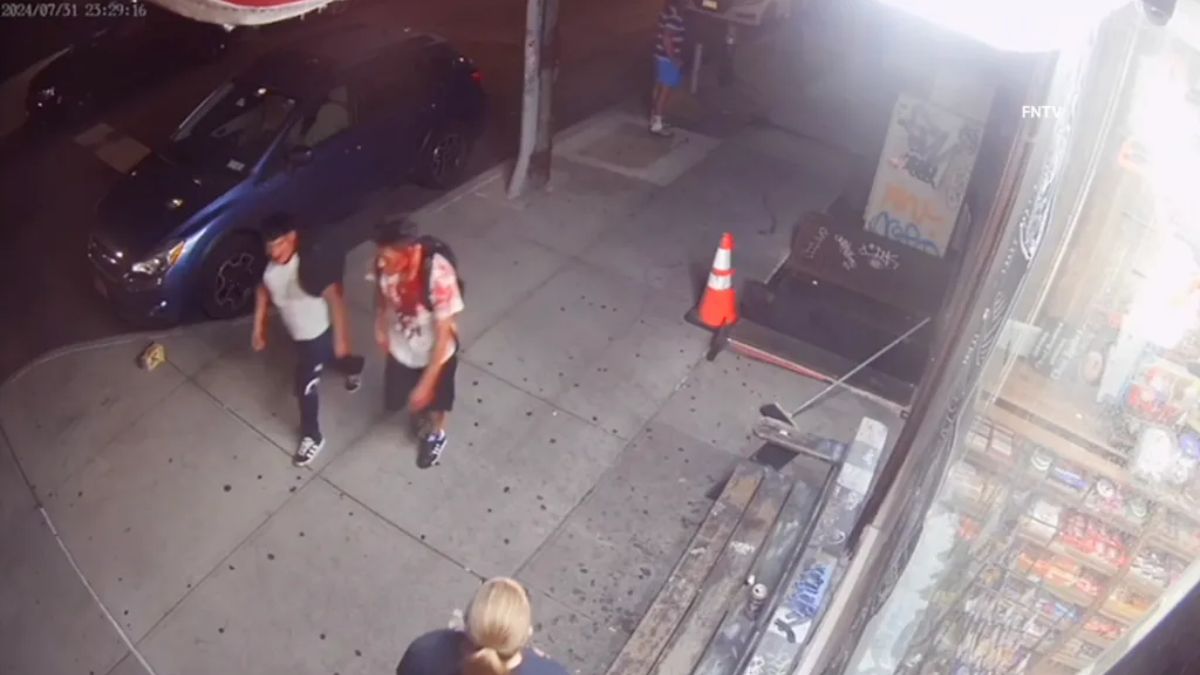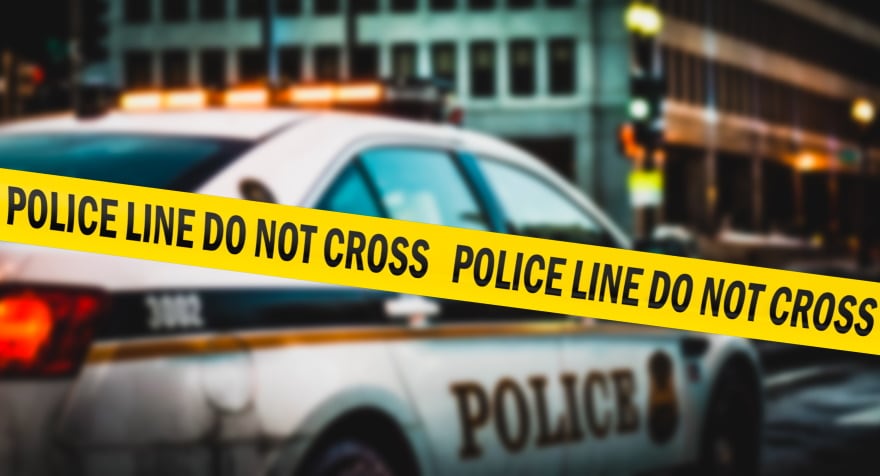Florida’s diverse environment, from bustling urban areas to serene rural landscapes, presents unique opportunities and challenges for its residents. While many enjoy the Sunshine State’s beautiful weather and vibrant communities, there are certain threats and unusual situations that can arise. Staying alert and knowing when to call the police can help ensure your safety and the safety of your neighbors. In this article, we’ll explore various scenarios where it’s crucial to notify law enforcement if you see something suspicious outside your house, reported by WKRN.
Unusual or Threatening Animals
Florida is home to a variety of wildlife, some of which can pose risks if they venture too close to residential areas.
- Large Predators
- Alligators: Alligators are common in Florida, particularly in areas near lakes, ponds, and wetlands. While encounters are generally rare in urban settings, it’s important to exercise caution if you see an alligator wandering near your home. According to the Florida Fish and Wildlife Conservation Commission (FWC), alligators can be aggressive, especially if they feel threatened or are provoked. If you spot an alligator larger than 4 feet in your yard or near your property, it’s crucial to contact the FWC or local animal control. They can safely remove the animal and ensure it’s relocated away from residential areas.
- Panthers: The Florida panther, an endangered species, is primarily found in southwestern Florida. However, there have been occasional sightings in other regions. These large cats are elusive and generally avoid human contact, but if you see a panther near your property, it’s important to report it. Panthers are protected, and the Florida Wildlife Corridor Foundation works to monitor their movements. Reporting sightings helps track their population and ensures safety for both the animals and people.
- Invasive Species
- Burmese Pythons: These large snakes are an invasive species in Florida, particularly in the Everglades. They can grow up to 20 feet long and are known to prey on native wildlife. Although encounters with Burmese pythons outside the Everglades are rare, they have been spotted in suburban and urban areas. If you encounter a large snake, especially if it resembles a Burmese python, contact local wildlife authorities. Do not attempt to handle or capture the snake yourself.
- Iguanas: Iguanas, particularly the green iguana, are another invasive species that have become more common in Florida. These reptiles can be found in residential areas, especially during colder months when they seek warmth. While iguanas are generally not dangerous to humans, they can cause damage to property and gardens. If you see a large iguana on your property and it’s causing issues, contact animal control for assistance.
Suspicious Human Behavior
- Strangers in the Neighborhood
- Vehicle Check: If you notice unfamiliar vehicles repeatedly parked near your home or driving slowly through your neighborhood, it may be a cause for concern. This could indicate someone surveying the area for suspicious purposes. It’s important to note the vehicle’s make, model, color, and license plate number before contacting the police. This information can help law enforcement investigate and determine if any criminal activity is occurring.
- Loitering: Individuals who linger around your home or in your neighborhood without a clear purpose may be worth reporting. Loitering can be a sign of potential criminal activity, such as burglary or vandalism. If you see someone acting suspiciously or out of place, provide the police with a detailed description of the person and their behavior.
- Suspicious Activities
- Unusual Door-to-Door Sales: While door-to-door salespeople are not uncommon, unusual or aggressive sales tactics may indicate a potential scam. Be wary of individuals who pressure you into making decisions on the spot or who ask for personal information. If you suspect that someone is attempting to scam you, contact local authorities to report the incident.
- Possible Scams or Fraud: Scammers often use various tactics to defraud residents, including fake charity solicitations, lottery scams, or phishing attempts. If you receive suspicious phone calls, emails, or visitations from individuals claiming to be from reputable organizations but acting strangely, report it to the police. Providing details about the nature of the scam can help prevent others from falling victim.
Unidentified Objects or Vehicles
- Unmarked Vehicles
- Possible Safety Threats: Unmarked vehicles parked in your area, especially if they are occupied by individuals who seem out of place, can be a red flag. It’s important to assess whether these vehicles are associated with any legitimate activity. If you have concerns about a particular vehicle, especially if it’s been parked for an extended period or is acting suspiciously, report it to the police.
- How to Identify: Pay attention to distinguishing features such as the type of vehicle, any visible markings or logos, and the behavior of the occupants. If the vehicle’s presence seems unusual or if it’s involved in any suspicious activity, provide this information to law enforcement.
- Suspicious Packages
- Potential Risks: Unidentified packages left on your property or in public areas can pose serious risks, including bomb threats or other hazards. If you encounter a package that seems out of place or is marked with strange symbols or messages, do not approach it. Evacuate the area and contact the police immediately. They have the expertise to handle potentially dangerous situations safely.
- Steps to Take: When reporting a suspicious package, provide as much detail as possible, including its location, appearance, and any unusual characteristics. Follow any instructions provided by law enforcement to ensure the area remains safe.
Emergency Contacts and Actions
- When to Call the Police
- Immediate Threats: If you believe there is an immediate threat to your safety or the safety of others, call 911 right away. This includes situations involving violent behavior, active criminal activity, or potential danger to life and property.
- Non-Emergency Situations: For less urgent matters that still require police attention, you can contact the non-emergency police line. This includes reporting suspicious activities, minor incidents, or providing information about ongoing investigations.
- Information to Provide
- Description and Details: When contacting the police, be prepared to provide a detailed description of the situation. This includes information about people, vehicles, or objects involved, as well as any relevant context or observations.
- Location and Context: Clearly state your location and provide any additional information that can help law enforcement respond effectively. This includes describing the specific area where the incident occurred and any potential hazards.
Conclusion
Staying vigilant and informed about potential threats and unusual sightings around your home is essential for maintaining safety in Florida. Whether it’s dealing with wildlife, suspicious individuals, or unexpected objects, knowing when and how to contact the police can make a significant difference. By staying alert and providing detailed information, you can help ensure that your community remains safe and secure. Always trust your instincts and don’t hesitate to reach out to law enforcement if you notice anything that seems out of the ordinary.
This Article Includes

